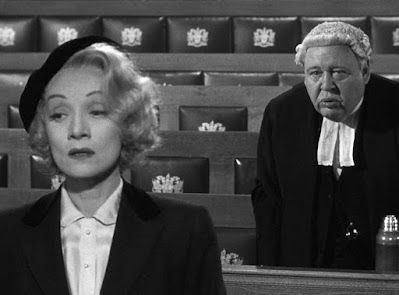A slightly confusing poll from the BBC finds that 49% of us resort to “self-censorship” when interacting with people we’ve just met. I don’t know about you (and that’s partly the problem) but I find that figure remarkably low. If I don’t know someone well, there are all sorts of assumptions I can’t make, thresholds that can’t easily be stepped over, and not just to do with their views or mine on immigration or trans rights or Brexit. Most significantly, what is the extent of their cultural hinterland? If I make a passing reference to a Billy Wilder film or a book by Angela Carter or a B-side by Primal Scream, or use what linguists define as “high register” language, or will they stare at me blankly, or become uncomfortable? And if they’re interested in Formula One or Made In Chelsea or chemical engineering or Scottish country dancing, they’re presumably doing the same thing, wondering whether I’ll respond with confusion or disdain or fear. (All of the above, probably.)

So we don’t go there, at least in the first few conversational parries. Almost instinctively, we tease our way past obstacles of social class and education and language and how many thousands of miles apart we were brought up towards a common ground of shared knowledge and preference and prejudice, until we find out that, yes, our interlocutor can quote pages of Witness For The Prosecution and/or believes Ayrton Senna's abilities have been overestimated because of his untimely end and then we become more comfortable and can speak more freely. It takes a while to get there, though and before then, we effectively censor ourselves. Except that 51% of us don’t, apparently.
PS: An example: a few years ago, I met a nice couple at a party (remember parties?) and, after a few glasses, I began regaling them, and anyone else in the vicinity, with my opinions about a singer/songwriter whose music, I suggested, was unaccountably popular. (“Not even interesting enough to be bad” was my verdict, I think, so you can probably guess the identity of said troubadour.) It was only later that I discovered they’d chosen said music as a highlight of their forthcoming wedding. I wasn’t cancelled, but it was a tad awkward, to say the least. I really should have self-censored, shouldn’t I?


